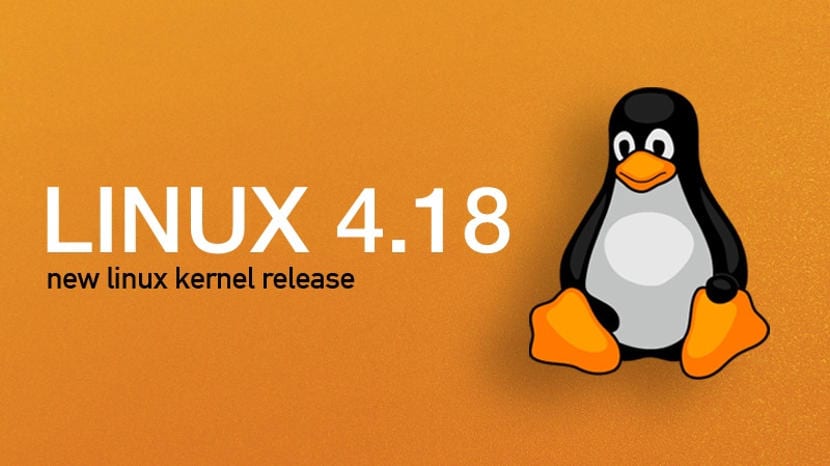
Just days after the release of Linux 4.18, Linux Kernel developer Greg Kroah-Hartman announced the immediate availability of the first maintenance update, Linux Kernel 4.18.1.
Linux Kernel 4.18 was released on August 12, 2018, positioning itself as the most advanced kernel for Linux operating systems. The first maintenance update, Linux 4.18.1, is now available, marking Linux Kernel 4.18 stable and ready for mass deployment.
Now, it is recommended that the developers of the different Linux distributions adopt the latest Linux Kernel 4.18 update in their operating systems since in addition to bringing many new features it comes with a wide variety of improvements, updated drivers and better hardware support.
Best Features of Linux Kernel 4.18 Series
As we mentioned before, Linux Kernel 4.18 series comes with many new features among which we can mention the protections against Specter Variants 1 and 2 for 32-bit architecture, as well as protection against Specter variant 4 for ARM64 and ARMv8 architectures.
Linux Kernel 4.18.1 brings run-time compilation for eBPF programs on 32-bit architectures, improved support for the F2FS file system, official support for the Qualcomm Snapdragon 845 mobile processor and improved support for USB-C and USB 3.2 connections.
Initial support for upcoming Radeon Vega 20 graphics cards is now available in Linux Kernel 4.18, as well as many updated drivers and connection and sound system improvements. In total, Linux Kernel 4.18.1 has a change in 74 files, 2211 inserts and 299 deletions, it is recommended to update as soon as possible using the official page kernel.org.